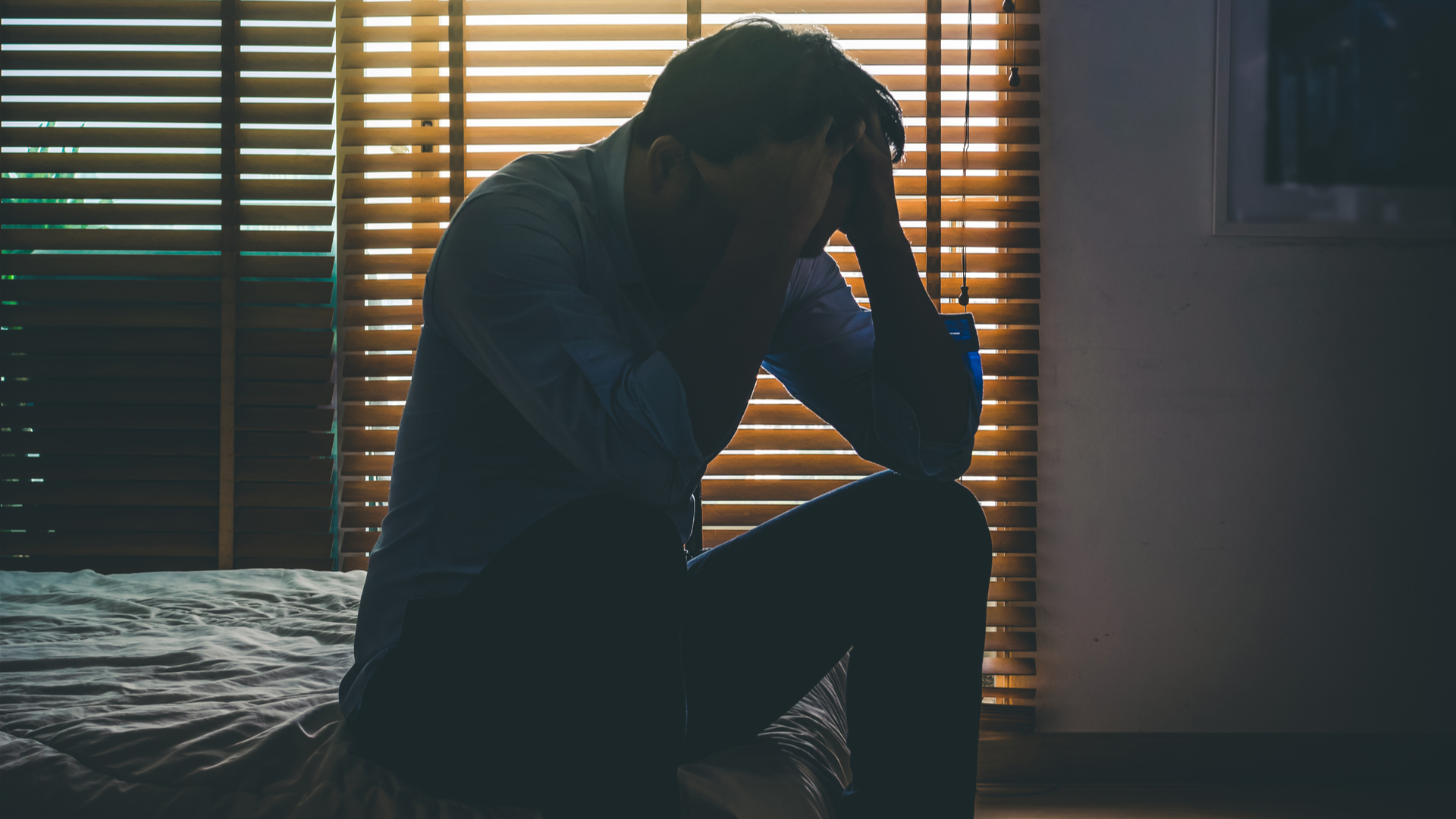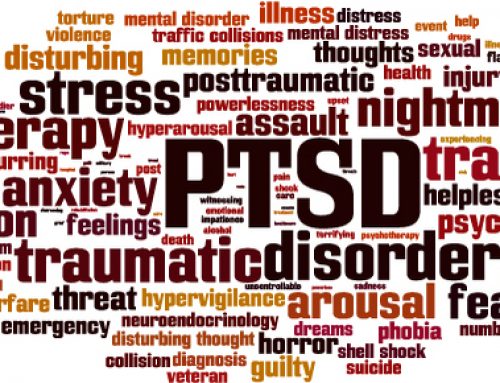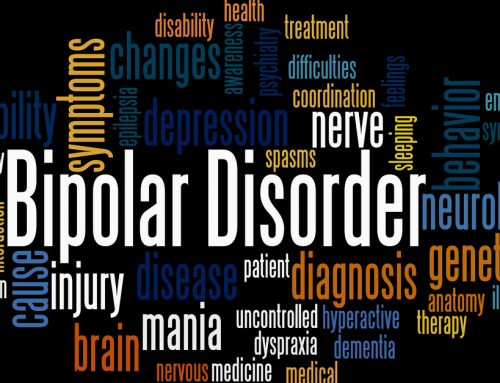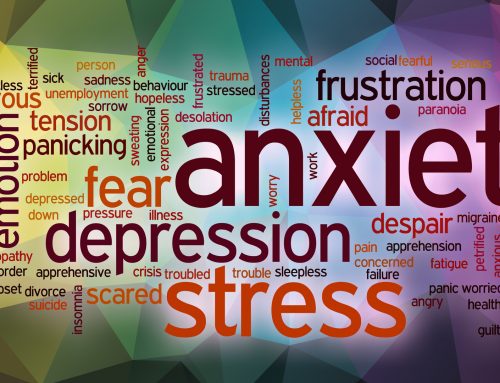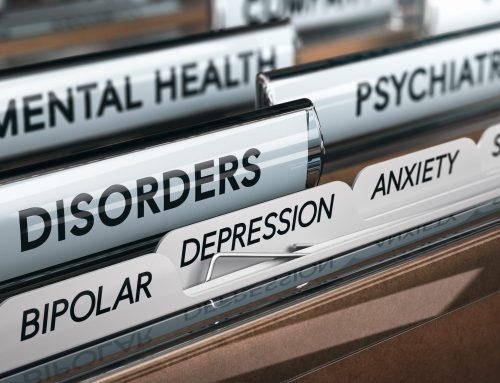Depression and Social Security Disability
If depression prevents you from working, you need to call Disability Lawyer with the Best A+ Rating from the Better Business Bureau to win your disability SSD or SSI claim with depression. If you suffer from depression and have difficulty keeping a job, call our office for a Free Consultation to see whether you may qualify for disability SSD or SSI benefits. Most importantly, if you suffer from depression, seek assistance from a mental health professional right away.
How to Qualify for Disability with Depression
Depression and disability often go hand in hand. In fact, depression is one of the most common causes of Social Security Disability and SSI claims.
Although many people who suffer from depression are able to work, others are not so fortunate. Indeed, many people suffer very severe depression that interferes with work and daily activities at home. These people often find it very difficult to adhere to a regular work schedule. Consequently, these same people often fall victim to frequent job termination. When a person incurs frequent absences on a regular basis because of depression, they will likely qualify for disability benefits. But, they must be able to prove inability to work due to their depressive disorder.
One of the first steps in dealing with depression is to recognize the symptoms and limitations caused by disabling depression. People often realize there is something wrong with their daily mental functioning. They often cannot keep a job. They may have trouble leaving the house, keeping appointments, reporting to work, or even getting out of bed. But, these same people often do not realize that they suffer from depression.
These same people often do not seek professional help on their own. Indeed, family and friends should and often do encourage depression sufferers to seek help. Consequently, friends and family need to be aware of the signs and symptoms of depression. Likewise, family and friends who suspect depression or any other condition should arrange for evaluation and treatment for the depressed person.
When depression or any other condition is suspected, arrange for a visit with a mental health professional. While experts agree that you cannot prevent major depression, early detection and appropriate treatment can reduce symptoms and help prevent some symptoms from returning.
Signs and Symptoms of Depression Resulting in Disability
There are numerous causes, types, and symptoms of depression as illustrated in an informative article from the Harvard Medical School. Causes of depression may include a stressful life event, tragic event, childbirth, genetics, loss of a loved one, chemical imbalance, or abuse, to name a few.
Types of depression can include a seasonal affective disorder which mainly occurs in the winter months and varies in severity. Common types of depression we see in disability cases include Major Depressive Disorder which would last at least two weeks. Major Depressive Disorder could be a single episode or could return repeatedly, or never go away.
Another type of depression often seen in SSD and SSI cases is Bipolar Disorder which can include periods of depression or manic episodes or both.
Symptoms of Disabling Depression
Symptoms of depression can include:
- Depressed or sad mood;
- Loss of interest in almost all activities previously enjoyed;
- Loss or gain in appetite with weight change;
- Sleep disturbance;
- Observable psychomotor agitation or retardation;
- Loss of energy;
- Guilty feelings or feelings of worthlessness;
- Difficulty thinking or understanding;
- Suicidal thoughts or thoughts of death;
Symptoms of Bipolar Disorder
Bipolar Disorder symptoms may include:
- Pressured speech;
- Flight of ideas;
- Inflated self-esteem;
- Decreased need for sleep;
- Distractibility;
- Involvement in dangerous activities or activities with likely painful consequences;
- Increase in goal-directed activity or psychomotor agitation;
The above symptoms can also result in a diagnosis of depression, major depressive disorder, and/or bipolar disorder. Whether these impairments cause you to be disabled from all work depends upon the amount of limitation the impairments cause you.
The existence of the above symptoms alone or combined with other findings can interfere with your ability to work. They can also cause excessive absenteeism which could result in job termination. Persistence of these issues can result in a finding of disability. If severe enough, these symptoms can meet what is known as a “Listing of Impairments” such as a “Mental Disorder Listing. There is a specific Listing for depression explained in more detail below.
Win Disability by Meeting a Mental Disorder Listing for Depression
You can win disability SSD or SSI with a Mental Disorder Listing for Depression or Bipolar Disorder. The Social Security Administration uses “Listings of Impairments” to help determine whether you are disabled. The Listings have several requirements and they are very difficult to prove. But, if you meet a Listing, you win, plain and simple.
Parts of the Listing for depression and bipolar disorder are listed above. To meet the Listing, you will have to document that you suffer from several of the above symptoms. You can view the depression and bipolar disorder Listing 12.04 in its entirety on the Social Security website here. Depressive and Bipolar Listing 12.04.
Even if you suffer from the requisite symptoms to meet the Listing, you must still meet other requirements as well. Indeed, you must meet either the “B” or the “C” criteria in order to prevail with the Mental Listing.
Prove the “B” Criteria to Win SSD or SSI with a Mental Disorder Listing
You can have the symptoms and the appropriate diagnosis to meet a listing, but the fight will center upon your abilities and limitations. In cases of Mental Disorders, Social Security will always suggest you can do very simple work in a low-stress environment. SSA will examine your ability to:
- Understand, remember, or apply information;
- Interact with co-workers, the public, and supervisors;
- Concentrate, persist, maintain pace, or otherwise keep-up;
- Adapt or manage oneself;
“Mild” or even “Moderate” limitations in the above will not win it for you. You must suffer “Marked” or “Extreme” limitations in these areas in order to meet a Listing for depression.
Although the current article deals primarily with depression and disability, you can read more regarding the “B” criteria in our other articles. See Disability with a Mental Disorder here. You can also read about the “C” criteria to meet a Mental Disorder Listing in that same article.
Friends and Family can help prove Disabling Depressive Disorders
There are many ways of proving the “B” criteria regarding limitations. Letters from family and friends about your ability or inability to function mentally in and out of the home can be helpful. Remember, they must date and sign the letters and should provide contact information. More importantly, however, the opinions of your mental health professionals are crucial in a claim alleging disabling depression or bipolar disorder.
The Significance of your Doctors’ Opinions when Proving Disability with Depression
If the Claimant is not treating with a mental health care professional, they should do so immediately. This may take encouragement from friends and family. Ask the mental health care professionals such as psychiatrists and therapist whether they will write opinion letters for Social Security regarding your limitations. Some will say that they have a policy to never write such letters for Social Security. If they say that, find a new doctor. The Social Security Administration expects to see opinion letters from your doctors. If your doctors refuse, you will have difficulty proving your case.
At my disability firm, we can draft questionnaires for your doctors specifically tailored to determine whether you can win with a Listing.
Why Should You Call Social Security Professionals?
Unlike other disability firms, we only use real lawyers. Some firms use non-attorney representatives. Ironically, even though they are not attorneys, they still charge attorney fees.
Some firms use real lawyers, but they are often fresh out of law school with little to no experience. Inexperience is unacceptable when your SSD or SSI benefits are on the line. Insist on an A+ rated disability lawyer with decades of experience winning Social Security Disability cases.
At Social Security Professionals, we use only real disability lawyers. Disability Law is all that we do. When you call our office, you will not speak with a secretary or paralegal who has never even seen a disability hearing. Nor will you speak with an inexperienced attorney. You will only speak with a licensed disability Lawyer with the highest A+ Rating from the Better Business Bureau. Disability Lawyer Donald Peters has over 33 years of experience and has handled thousands of calls and cases involving depression and disability.
When you call Social Security Professionals for a Free Consultation with the best disability lawyer regarding your disability claim due to depression, we do more than accept or reject your claim. Whether or not we take your case, we will give you our honest opinion as to the strengths and weaknesses of your claim and how it may be corrected. In addition to Free Consultation, we may even provide some Free services depending upon your specific needs.
Call now for a confidential Free Consultation regarding your claim for SSD or SSI benefits due to a depressive or other mental disorder. (248) 549-3485. FREE CONSULTATION. Disability Lawyer Donald Peters.

Call A+ Rated Disability Lawyer Donald Peters for a Free Consultation regarding Depression and Social Security Disability Questions. (248) 549-3485.


